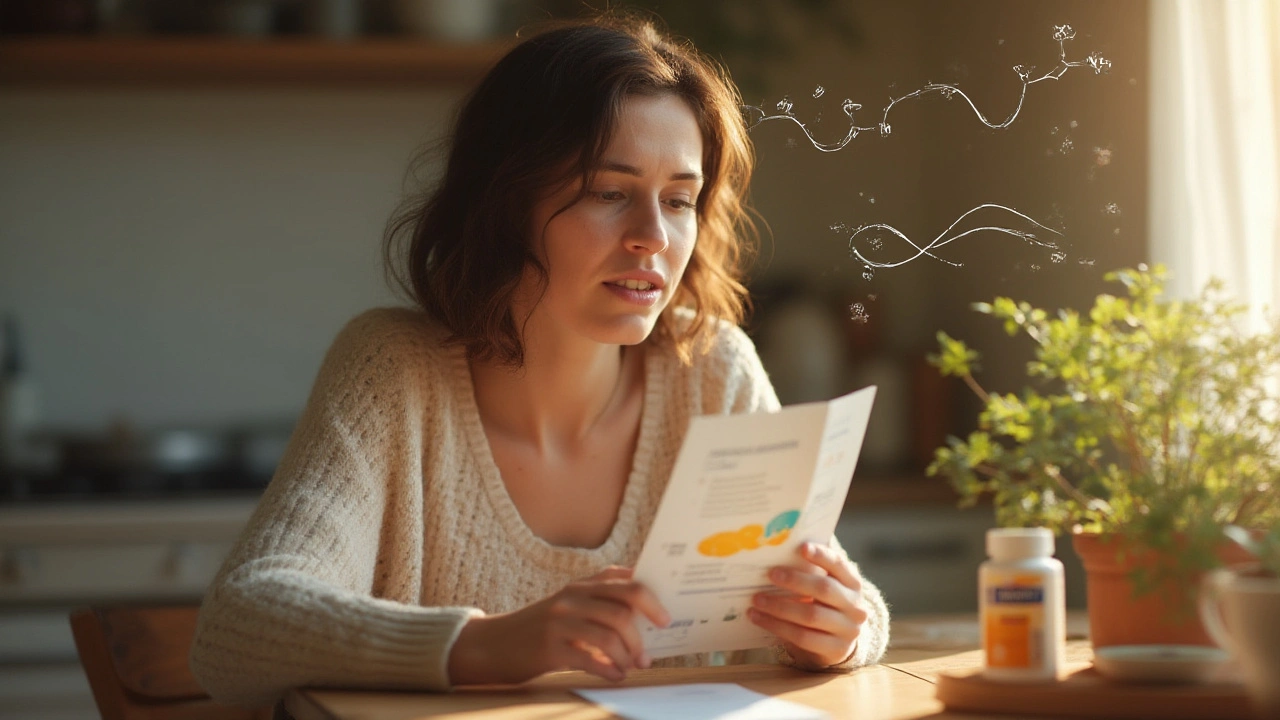Benadryl as a Sedative: What You Need to Know
Benadryl (diphenhydramine) is best known for treating allergies, but many people also reach for it when they need a quick sleep aid. The drug blocks histamine, a chemical that keeps you awake, which is why it makes you feel drowsy. If you’ve ever taken Benadryl at night and felt calm enough to drift off, you’ve experienced its sedative side‑effect in action.
How to Use Benadryl for Sleep
For short‑term sleep help, adults usually take 25‑50 mg about 30 minutes before bedtime. That’s one to two regular 25 mg tablets. Stick to the lowest dose that works for you; higher amounts don’t make you sleep better, they just increase the risk of grogginess the next day. Kids should only use Benadryl under a doctor’s guidance, and the dose is based on weight.
Don’t mix Benadryl with alcohol, other antihistamines, or sedatives like benzodiazepines. Combining these can cause intense drowsiness, breathing problems, or confusion. If you’re on prescription meds, check with your pharmacist to avoid harmful interactions.
Side Effects and When to Skip It
Common side effects include dry mouth, blurry vision, and a “hangover‑feel” in the morning. Older adults are especially prone to these effects, and falls become a real concern. If you notice ringing in your ears, rapid heartbeat, or severe confusion, stop using Benadryl and call a healthcare professional.
People with certain conditions—glaucoma, enlarged prostate, or severe asthma—should avoid Benadryl unless a doctor says it’s safe. The drug can worsen those issues by tightening muscles in the eye or bladder.
For regular insomnia, Benadryl isn’t the best long‑term choice. Tolerance builds quickly, meaning you’ll need bigger doses for the same sleepy effect, which raises the risk of side effects. Instead, consider melatonin, cognitive‑behavioral therapy for insomnia (CBT‑I), or a prescription sleep medication after talking to your doctor.
Bottom line: Benadryl can help you fall asleep once in a while, but it’s not a cure for chronic sleep problems. Use the smallest effective dose, avoid mixing with other depressants, and watch for morning grogginess. When in doubt, ask a pharmacist or doctor for a safer alternative that fits your lifestyle.
-
Does Benadryl Calm You Down? The Real Story Behind Diphenhydramine and Anxiety
Unpack the science behind Benadryl’s calming effects, the risks of using it for anxiety, and surprising facts on safer alternatives.
